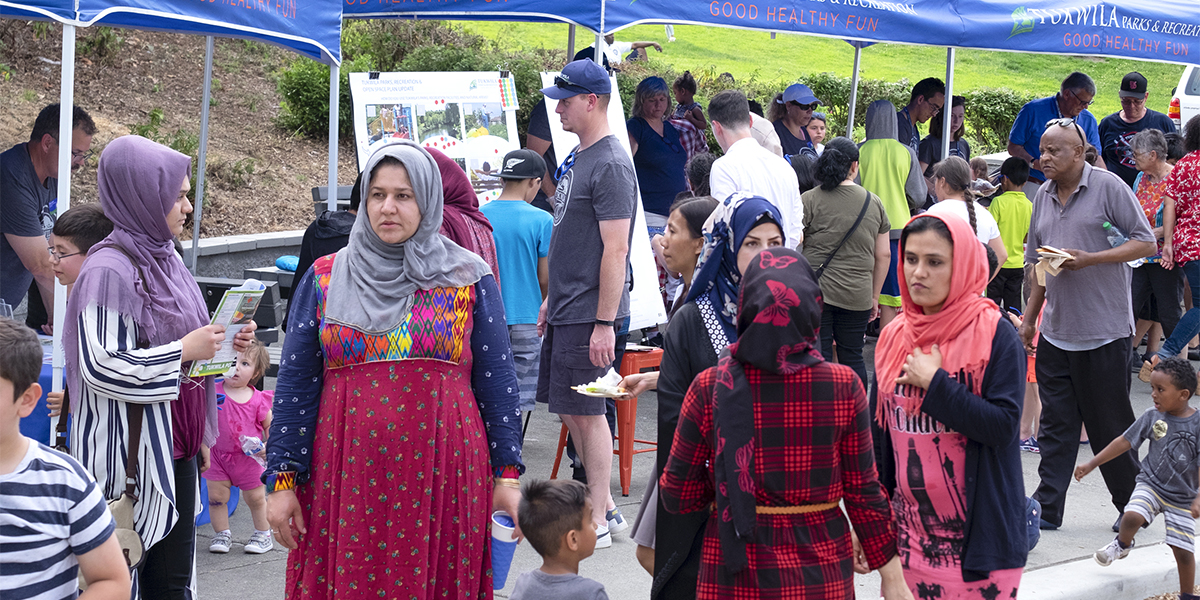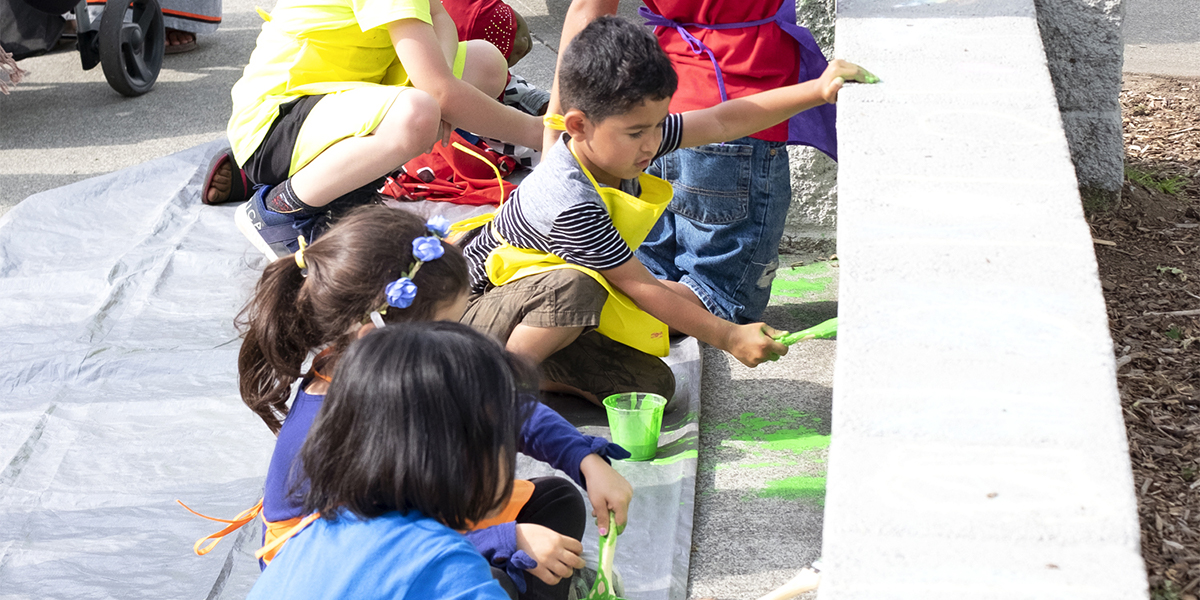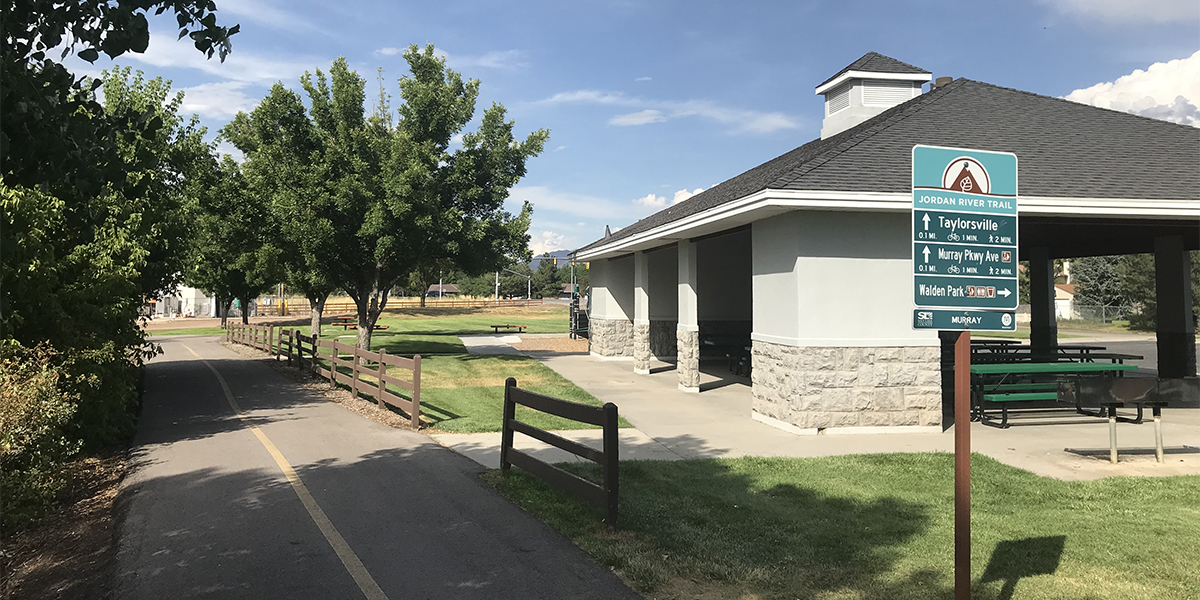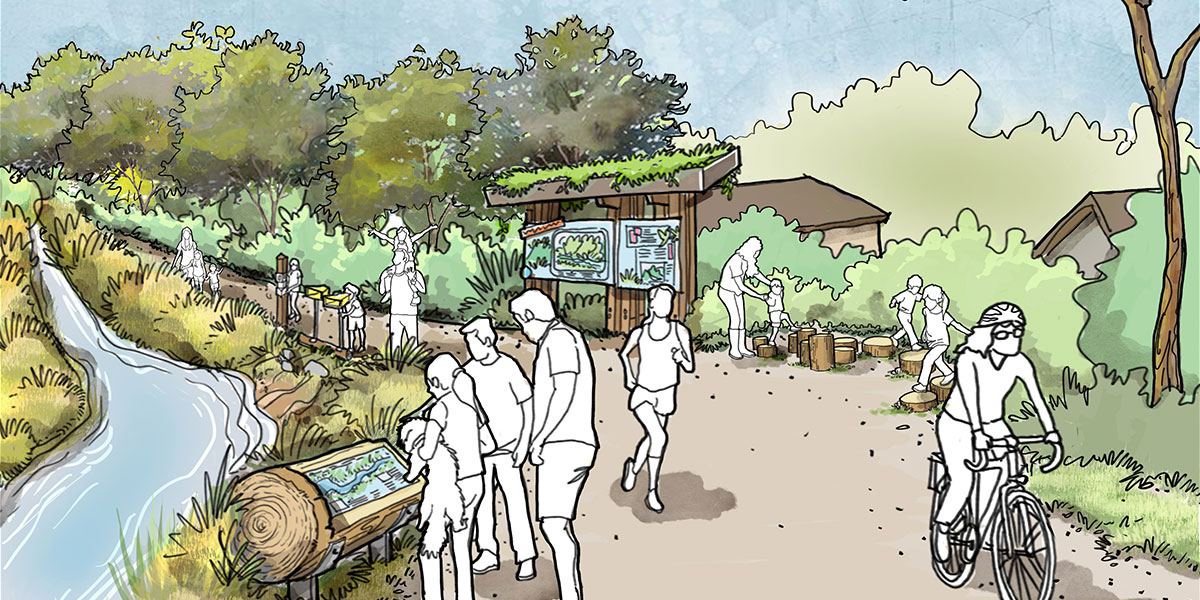The highly regarded Parks & Recreation Magazine is featuring two cities—Tukwila, Washington, and Murray City, Utah—where MIG evaluated access and prioritized solutions for improving park and recreation services. This new study looks at park access through a social equity lens, noting that diverse communities must take different approaches to meet their city’s needs.
Co-authored by Cindy Mendoza, MIG’s Director of Parks and Recreation, the article “Improving Systems to Achieve Equitable Park Access” describes how cities are embracing the National Recreation and Park Association’s 10-Minute Walk Initiative (described in “10 Minutes to a Park: New Solutions”).
Murray City, Utah
With 424 acres of City parks and another 229 acres of County parks serving 49,897 residents, Murray City seems to have plenty of parks. However, one part of the city has few parks, while the other side has several large parks, special-use recreation areas and riverfront green space. Plus, many facilities need improvements; residents want new and different recreation opportunities (such as dog parks and pickleball); and the city's population is growing, creating a greater demand for accessible parks, facilities and programs.
The City’s new Master Plan now balances diverse community needs and provides a menu of solutions to expand park access and ensure that recreation options are accessible year-round, especially in four key areas of the City.
Tukwila, Washington
Forty percent of Tukwila’s population was born outside of the United States, and most of its residents are people of color. Although 71 percent of Tukwila’s residents have access to a park within a 10-minute walk, those parks aren’t equal. When the City looked at criteria such as income, rates of chronic disease, language, and racial diversity and other factors, it found critical gaps in park access. A key part of the solution was revising the King County tax levy, which now waives the funding match requirements for identified “equity areas.” This will allow Tukwila to acquire funding and create parks and open spaces for underserved areas.
Community-Based Approaches
Achieving equitable park access requires an intentional process and sustainable solutions, grounded in equity and inclusion. That means developing unique solutions for unique communities.
You can read the full article here and contact Cindy Mendoza for even more details.




